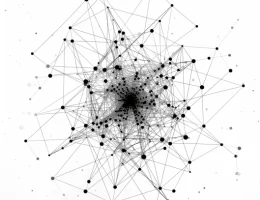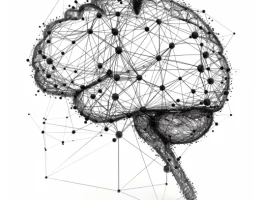Leifeng Xiao and Kit-Tai Hau’s article, “Performance of Coefficient Alpha and Its Alternatives: Effects of Different Types of Non-Normality,” examines how coefficient alpha and other reliability indices perform under varying conditions of non-normality. The study offers critical insights into how these measures behave across different data structures, providing useful recommendations …





